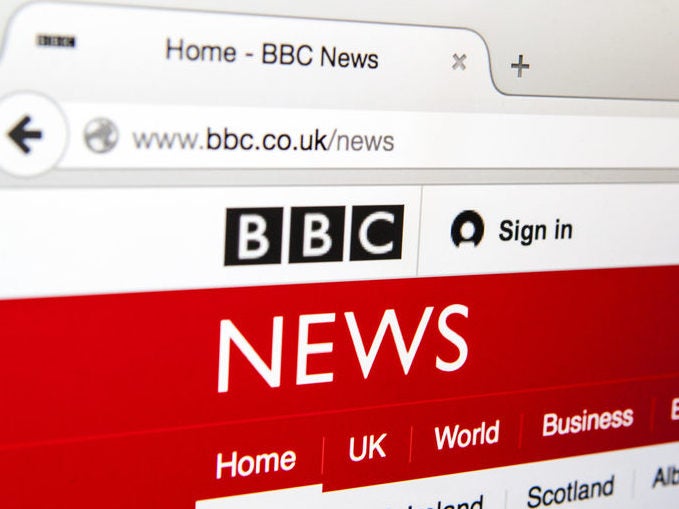
Ofcom will examine the BBC’s online news content after criticism from tabloid bosses that it is “chasing online traffic” with popular news content that “bears no resemblance to the BBC’s charter commitments”.
The broadcast regulator announced details today of its upcoming review into the quality, relevance and trustworthiness of the BBC’s news and current affairs output across TV, radio and online.
As part of its review, Ofcom will “examine the wider context within which BBC news online operates and how the BBC differentiates its content from that of other providers, including newspapers”.
An Ofcom review into the BBC with a focus on impartiality and trust was first touted in October last year, but has expanded to include its impact on commercial publishers following evidence to the Cairncross Review.
Dame Frances Cairncross said in her report, published last month, that Ofcom “should assess whether BBC News Online is striking the right balance” between its own reach and driving traffic to publishers.
Last year News UK chief operating officer David Dinsmore attacked the BBC for “directly challenging core tabloid journalism” with stories about reality TV show Love Island and “serial poopers”.
He accused it of “chasing online traffic by publishing popular news content which bares no resemblance to the BBC’s charter commitments” in a speech made at Press Gazette’s Digital Journalism Summit.
Reach editor-in-chief Lloyd Embley has also accused the corporation of not following the “spirit” of its charter by seemingly chasing clicks.
Ofcom will look at how readers navigate around and between the BBC’s news website and other news providers, and how different types of BBC stories from major news events to celebrities are accessed.
It will also review the BBC’s sourcing and attribution to other news providers online to ensure it is in line with the BBC’s operating licence.
The licence states that it must “ensure that it provides adequate links to third-party online material, particularly within its news stories, helping to provide its users with a wealth of information while also supporting other providers within the industry”.
A BBC spokesperson said: “The BBC has always covered entertainment and showbiz news – it is of great interest to our audiences.
“Our charter requires us to provide impartial news for all audiences whether on TV, radio or online, and while some online content will naturally be tailored to younger audiences we don’t seek to compete with newspapers.
“BBC News online also sends tens of thousands of internet users every week directly to the websites of other publishers.”
Ofcom’s review, due to be published this autumn, will also examine the relevance, distinctiveness and quality, and audience trust in the BBC’s news and current affairs output.
It will look at how effective the BBC is at serving all audiences, especially those who typically engage with it less, and how well placed it is to continue doing this in the future within a changing news landscape.
The regulator will also look at the range and depth of analysis in the BBC’s news and current affairs output across all its platforms, including how this compares with other UK news providers, and take audience views on how the corporation reports complex and challenging stories.
Finally it will ask audiences about their views on the impartiality of BBC news, including whether they are satisfied that the current tools used to ensure due impartiality are effective.
Ofcom said: “The BBC has a central role to play in providing trusted, impartial news. Yet our research has shown that audiences consistently rate the impartiality of the BBC’s TV and radio news less highly than many other aspects of BBC’s news output.
“For these reasons we consider it is appropriate to undertake a review, to examine in detail the BBC’s delivery of the first public purpose.”
This purpose, set out in the Royal Charter, says the BBC “should provide duly accurate and impartial news, current affairs and factual programming to build people’s understanding of all parts of the United Kingdom and of the wider world”.
A BBC spokesperson added: “We welcome this review. Providing impartial and accurate news is one of the BBC’s core purposes and something we take very seriously.
“Audiences regularly rate the BBC as the news provider they turn to for trusted and impartial news, and it’s important we continue to maintain that.”
Picture: Shutterstock
Email pged@pressgazette.co.uk to point out mistakes, provide story tips or send in a letter for publication on our "Letters Page" blog

